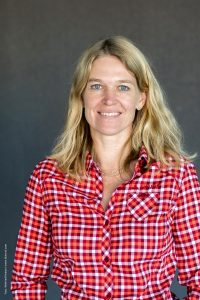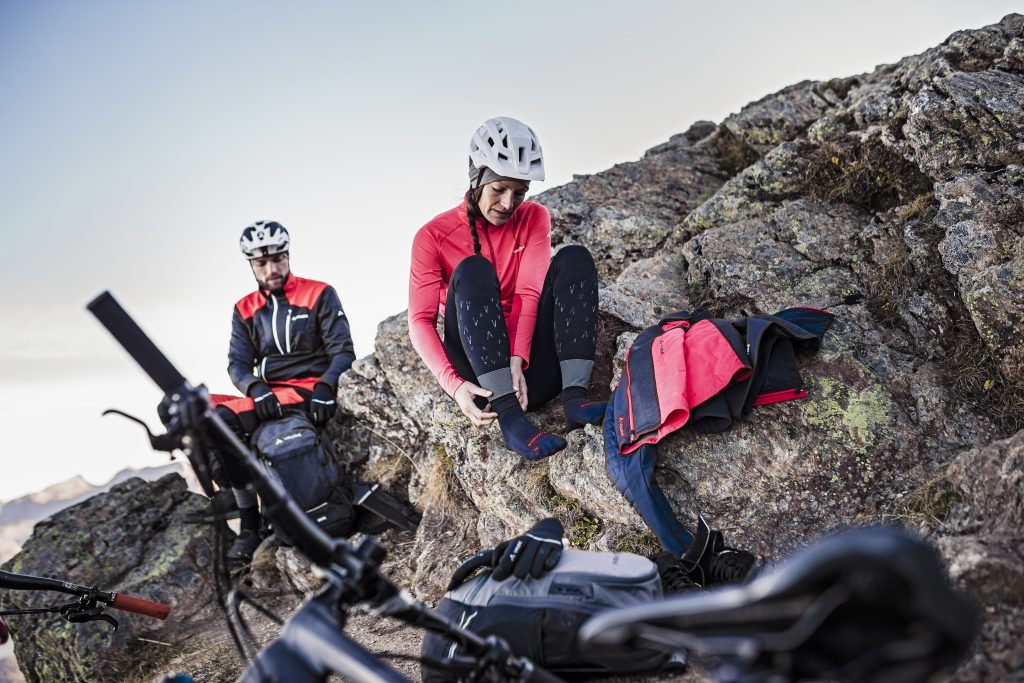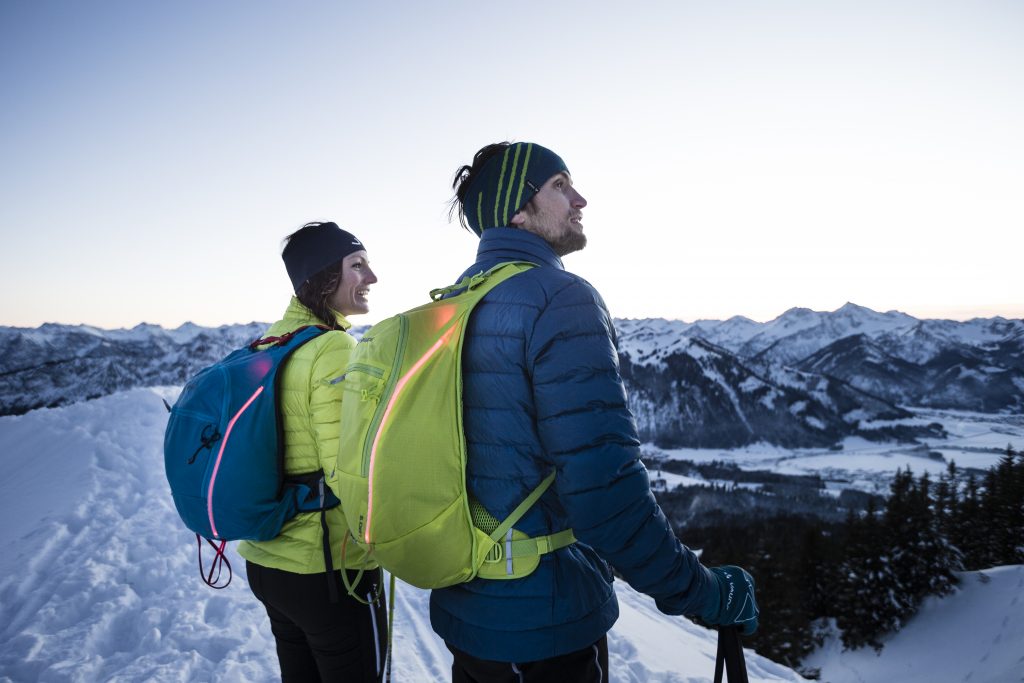Whether or not the adventure tourism trade community is fully aware, it is directly affecting a gradual, yet dramatic, industrial paradigm shift — specifically, the way in which tourism’s success is measured.

Within the global Adventure Travel Trade Association (ATTA) community, our individual and collective efforts — small and large — matter. Collectively, we often and openly say we care far more about our socio-economic and environmental impact than we do about simply measuring passenger counts, "heads in beds," arrival numbers, shareholder value, and profit. And, we’ve undertaken action to achieve these more altruistic measures as of late. Still, serious potential remains to actually make sometimes painful, difficult, provocative, and counterintuitive decisions that can turn tourism into a more rejuvenating and restorative force for the good of humanity within our lifetime.
In adventure travel, we have many inspiring case studies illustrating transitions already underway that are helping to move our industry from a net-extractive force to a net-positive force that could one day conceivably surface solutions addressing universal socio-economic and environmental issues.
Destinations, adventure travel operators, eco-adventure accommodations, and other fully sustainable suppliers are pursuing actions that, in an ideal scenario, will inevitably become the standard — the cost of entry into our community — and, more importantly, the future form of tourism that results in a net-positive impact. When technology catches up in our foreseeable future (e.g., omnipresent fossil-fuel free air, sea, and land transportation solutions), there will be the potential to accelerate solutions to address many of the net-negative impacts our current industry inflicts on the planet. The ability to remedy the very cause of our planet’s issues will be possible.
Some visionary industry leaders, however, are dissatisfied with waiting around. German entrepreneur Antje von Dewitz offers promise. She works in the European outdoor gear and apparel industry, relentlessly leading her company’s — and the industry’s — efforts to accelerate change both environmentally and socially in the way in which its products are manufactured. Von Dewitz leads VAUDE, a producer of mountain sports equipment and one of the globe’s most sustainable outdoor brands. VAUDE has been working with the strict environmental standard, bluesign® system, which monitors the entire textile manufacturing chain, since 2001. It is also the first outdoor company to receive EMAS certification. VAUDE’s functional, environmentally friendly Green Shape products are made from sustainable materials and manufactured under fair working conditions along the entire supply chain. Seventy-eight percent of VAUDE’s products are Green Shape products.
The criteria for the Green Shape label are strict and transparent: They are under constant review and cover the entire lifecycle of the product from design through production, care, and maintenance, to repair and the product’s end of life. Since 2012, the company headquarters in Tettnang and all products manufactured there have been climate neutral.
Its strategy is working. The company’s audited and verified 2018 Corporate Social Responsibility (CSR) report details various success factors. It is costly, but it is also profitable.
Through its self-focused efforts, VAUDE is stirring up the outdoor gear and apparel industry by virtue of its own high standards. Leading by example, VAUDE is taking and making serious strides toward positive impact by posing existential questions about the importance of profit, fairness, and social and environmental justice.
I first met von Dewitz in September 2018 at the European Outdoor Summit, well after she and VAUDE were already receiving awards for innovations in sustainable textiles, fair labor practices, and more. More recently, I connected with her at OutDoor by ISPO, 30 June-3 July 2019, where she “starred” in the opening press conference alongside German politicians and executives of the world’s largest outdoor gear/apparel trade show. In an otherwise uneventful press event, von Dewitz, almost shaking with passion, stood out for calling out her trade partners, competitors, and the industry at large for simply not doing enough fast enough.

The following brief interview I conducted with her in December 2018 offers just a glimpse of her perspective. For our conversation, I asked Antje to consider the fact the ATTA is beginning to more closely connect the global adventure tourism industry with the outdoor gear/apparel industry. I explained we hoped to identify, distinguish, and better understand the deep potential of collaboration between these two sectors.
For additional perspective on her expertise in economics, read the recent Textiles Network story, “Best Practice for Sustainable Business at UN Conference in Geneva.”
ATTA: How and when did you arrive at your perspectives on the necessity of operating sustainably, top to bottom?
Von Dewitz: In the beginning, I had this vision of VAUDE becoming the most sustainable outdoor gear and apparel company. I connected with nature so much: It was in my family, in my blood, and it’s always been there at my core. It is no surprise I had my vision on top of mountain. I must say, I found that it has been a long road … and the road never ends. I thought it would be like, we can get it. But, in truth, we’ll never be there because there remains so much to do, so we just keep at it.
My father founded the company with zero capital. He was quite the pioneer in business for his time. He was very involved and engaged in ecological and social projects, believing nothing is impossible.
Today, we have more than 500 team members, and they’re a very good mixture. We recently celebrated 45 staff members who have been with VAUDE for between 10 and 35 years! It is very good to see these veterans mixing their perspectives with the younger people on our team. The mix is very good for innovation, product development, sustainability, and creativity. What we’ve all learned together is that sustainability drives innovation.
ATTA: As an expert in economics and an advocate for the Economy of the Common Good, was there ever a shift in your perspective about balancing the demands for profit with doing social and environmental good?
Von Dewitz: For me, there was never a shift. Economics is not only for the nerds and about profit. The real shift for us all should be to see how much responsibility you can have and how much more you can put into that, into a better work/life balance, and into you and your company’s role in society. We were able to pursue both profit and responsibility. It is not easy, but it’s possible.
To do both, it is about relationships. It is about “training-ships” — for women, young people, and the media — about the environment and about fairness for all. It is important to understand that, for me, economics is my ideal kind of work because I can put economics into ideals. I can put profit into something that matters, and that is the right kind of work for me. I found that I could do it in the company. It is what drove me and very energetically gave me the urge to save the world.
ATTA: How did you move the company toward a more sustainable business philosophy?
Von Dewitz: For me, our sustainability commitment started in 2008, and it was an all-or-nothing approach. I took over the role of CEO in 2009. It started with a deep, company-wide commitment to vision and serious transformation. With our European management perspective, we pursued an aggressive audit scheme to ensure truth and accuracy. We communicated our goals, and investigated our entire product development cycle, our headquarters, everything. We defined responsibilities and processes top to bottom. Our whole team was behind us, and this led to accelerated changes and serious transformation.
ATTA: Was the transformation difficult?
Von Dewitz: You must measure everything. It was awfully painful. We put a lot of work on our production. We got into our supply chain. We audited everything. We changed a great deal. It has been an amazing degree of work over the years. It was very frustrating.
Once we made the decision to change, it took two years until we addressed everything we initially sought to achieve on both environmental and social fronts as it related to the manufacturing of our products. And, I wanted all of the changes immediately. At first, we gained only small success. But, we meant what we said and we took it seriously.

We created things that our people, staff, and customers alike could see — just like you find with e-bikes, fair trade coffee, shared cars. We wanted to show them all that they could feel and embrace a philosophy of true sustainable living and working in their everyday life, and that such change feels good. We created an organic canteen for our company offering fresh, locally produced meals. The more they could feel it, the more they believed in it. There was lots of energy behind this philosophy. This “movement” toward sustainability is in everybody. We simply needed to release it!
Of course, we’re still quite early in the process and our approach will continue to evolve as innovations in manufacturing continue to progress. We will not stop, as our sustainable philosophy is core to who we are.
ATTA: What is at the deep crux of your philosophy? What drives this for you and VAUDE?
Von Dewitz: Well, the trend continues for more rigorous social entrepreneurship. You sense that Generation Y, Generation Z, and upcoming generations have this cause-oriented framework. I believe they will pick up the baton. I see a rise of young global leaders and that gives me great hope.
Both the younger and older staff members of VAUDE reflected this trend transition toward increasing responsibility as well, so we picked up on it. This perspective is innate in every person. Everyone wants to live like this (in a socio-economically and environmentally responsible way). It is worth it to engage. It is worth it to run an extra mile. It is not easy, and you’re met with a lot of skepticism.
The thing is, this is the right way. Our management team knows what we’re doing. Questions surfaced like, “What if another idea comes up? What do we do?” In the beginning, we were a very practical company and we were simply seeking to survive, like most others.
